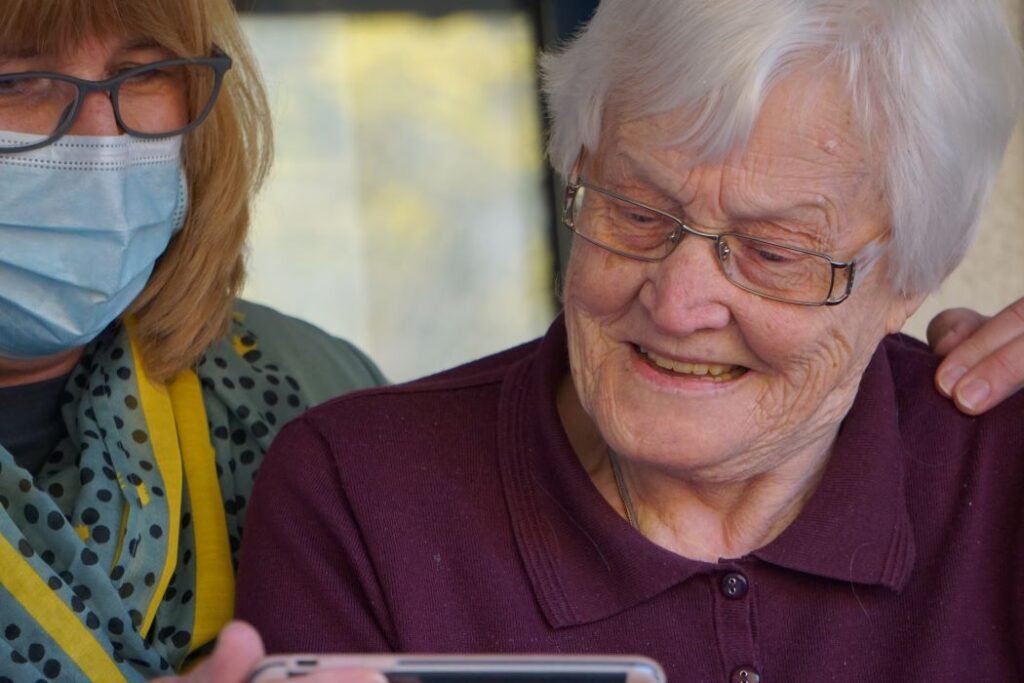Each startup will receive between $150,000 and $500,000 depending on the company’s stage, needs and evaluation process.
The Centre for Aging and Brain Health Innovation (CABHI), which works to drive innovation to help seniors and those living with dementia, has invested C$9.5 million in around 30 health tech startups.
The financial support will come through CABHI’s Mentorship, Capital and Continuity (MC2) program, which aims to help early-stage healthtech and fintech companies validate their business with financial support as well as acceleration services including end-user validation, business and research experts, and access to CABHI’s network of innovators and investors.
The majority of companies backed in this round are Canadian health tech companies, but some US-based companies have also received funding. A CABHI spokesperson told BetaKit that 27 companies have been finalized so far, and the group plans to announce details of the remaining three companies once they are finalized. They added that the investment amount for each company will range from $150,000 to $500,000 depending on the company’s stage, needs, and evaluation process.
Related: CIFAR and CABHI have received more than $850 million in federal scientific research funding.
Among the companies being supported is St. John’s, Newfoundland-based startup Pragmacrine, which was co-founded in 2020 by scientist, entrepreneur and Newfoundland native Bronwyn Bridges. Pragmacrine’s flagship product is the Parkinson’s Disease Remote Interactive Monitoring System, also known as PRIMS, which allows the company to visit patients remotely while collecting data via sensors.
Bridges has already secured $2.5 million through state funding and pitch competitions and is currently working on raising a seed round. BetaKit caught up with Bridges last month to talk about the software she developed, why Canadian health tech companies prioritize FDA approval over Health Canada, and her experience as a young, female founder.
NovaResp is one of several Atlantic Canadian startups to receive CABHI funding, helping to boost the $3 million in seed funding the company announced last month. NovaResp had initially planned to close on its seed funding of more than $2 million in early 2023.
NovaResp uses artificial intelligence and machine learning to provide data and personalized treatment to users who suffer from sleep apnea. The startup claims it can predict and prevent apnea episodes before they happen, allowing patients’ positive airway pressure devices to operate at lower, more comfortable air pressure levels.
Willful, a Toronto-based will and estate planning software startup, also received backing from CABHI, which contributed to the company’s latest $1 million funding round.
Related: With latest funding and partnership with Scotiabank, Wilfull has its sights set on profitability
Founded in 2017 by CEO Erin Barry and her husband Kevin Olds, Willful offers digital estate planning tools that allow people to create legally valid wills and powers of attorney from home. After launching in Prince Edward Island and Newfoundland in January this year, Willful’s platform is now available in all 10 Canadian provinces.
According to CABHI, more than 50 percent of the school’s alumni companies have received follow-on funding, including digital physical therapy provider Sword Health, which recently secured a $3 billion valuation, and virtual care platform Akira Health, which was acquired by Telus Health in 2019.
“The MC2 program solidifies its two most recent funding cohorts, committing more than $33 million to companies working with older adults to develop solutions that have the potential to reimagine the aging in place experience,” James Meyer, senior manager of investment and venture services at CABHI, said in a statement.
Last month, CABHI received $39.2 million in funding from the federal government’s new Strategic Science Fund to continue its work to accelerate the development of products and services that support ageing and brain health.
Image courtesy of Georg Arthur Pflueger via Unslpash

